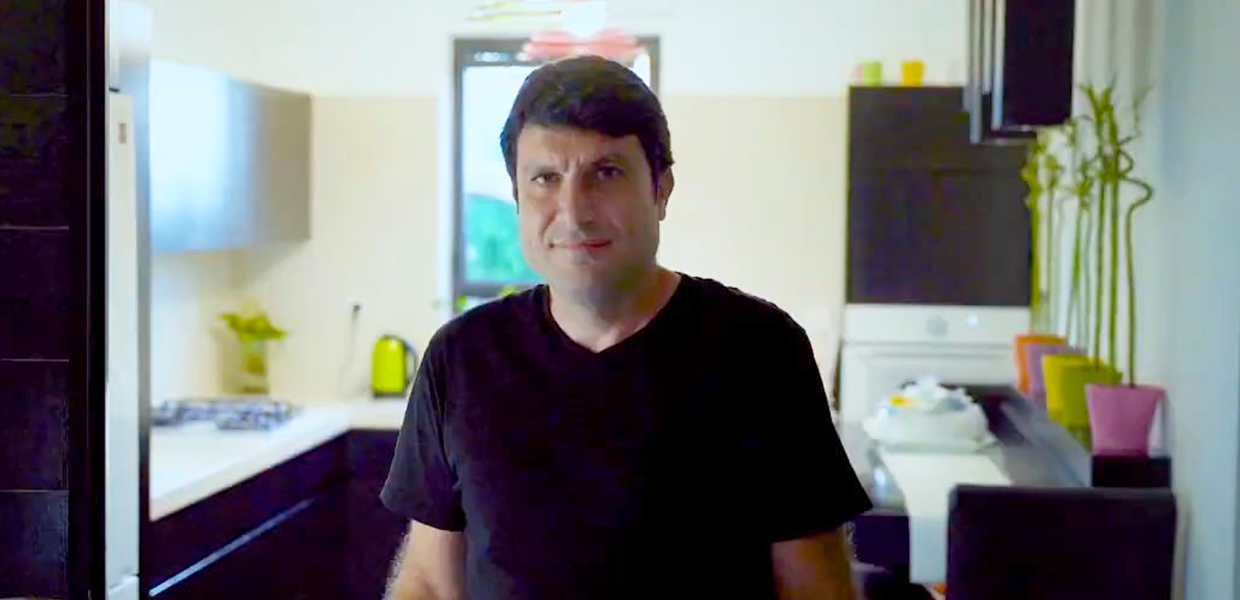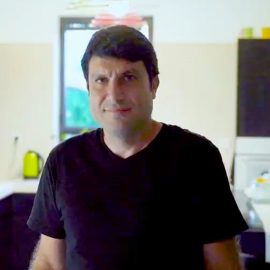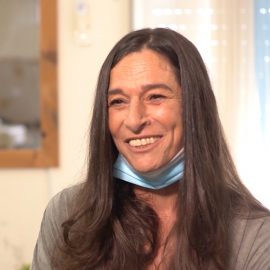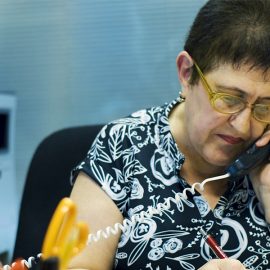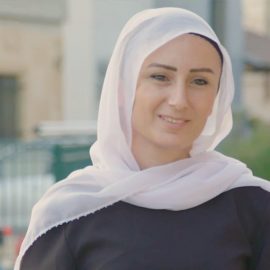“I wake up in the morning, I don’t know what day it is, what I need to do, where the kids are and when they are supposed to get home – complete haziness.”
That’s how a person who has lost his memory feels. Moshe, 44, from the city of Rishon LeZion near Tel Aviv, underwent brain surgery about a year ago. The operation appeared to be successful but as Moshe recovered, his memory was impaired. He couldn’t remember things from the past or present.
“Until a year and a half ago, my life was completely normal,” says Moshe. “I went to work and spent time with my family. But I suddenly woke up to a reality in which I had no control over my life; I couldn’t remember what I was told just five minutes ago. It didn’t only affect me; it drove everyone around me crazy. I asked my wife and kids the same questions over and over again because I couldn’t recall the answers.
“We were helpless,” says Moshe’s wife Susie. “There was constant tension at home as we had to adjust to Moshe being completely dependent on us. It became clear that without memory, it is impossible to do anything. But in one of our conversations with the social worker, she suggested that we join the Smart Homes program, and since then our lives have changed.”
Smart Homes creates technological solutions at home to promote independent living and improve the quality of life for people with disabilities and their families.
“We met with the program coordinator, Orit, and told her about the daily challenges we were experiencing,” explains Susie. “She told us about ‘MemoApp,’ a software application for memory loss that helps people manage their daily lives and reduce dependency on those around them.”
“The MemoApp dispelled the haze!” Moshe says. “Every morning, the first thing I do is go to the app. Instead of bothering my family with questions, all the answers are right there: from the smallest details like the weather and the date to my daily schedule to the pictures and songs my wife Susie sends me. Everything is organized in one place, and that helped me regain control of my life.
I was apprehensive at first because I’m not good at technology, but I was able to handle it easily once I got instructions. When I see a picture pop up on the app and suddenly remember the moment it was taken, it gives me real hope to return to normal life and function the way I did before the injury.”
Watch:

